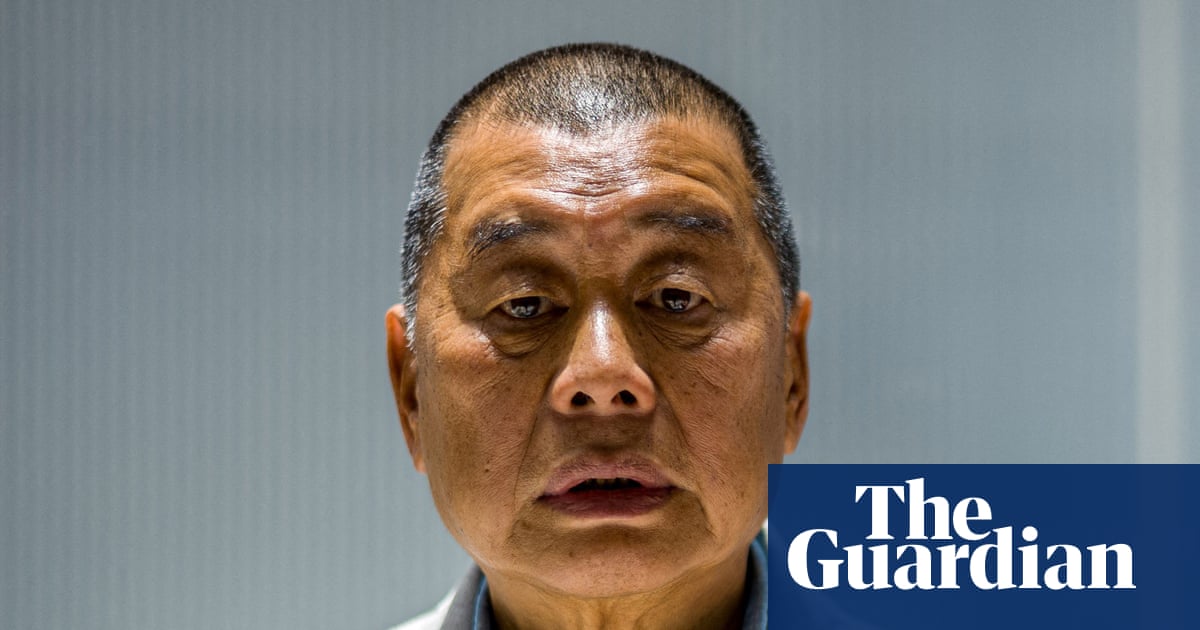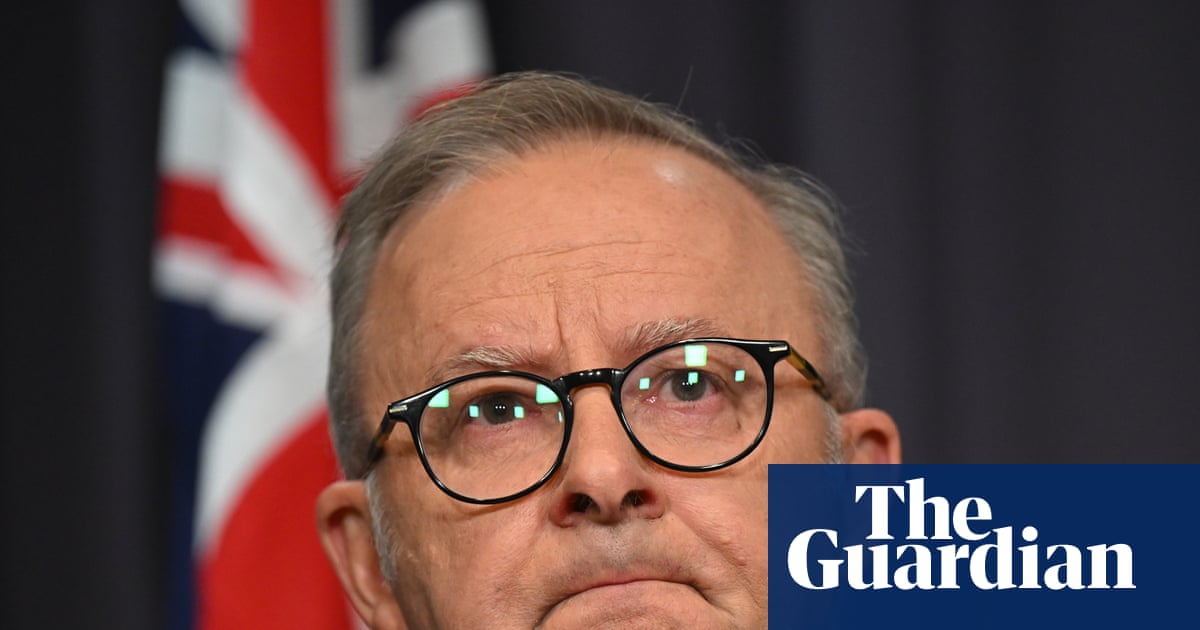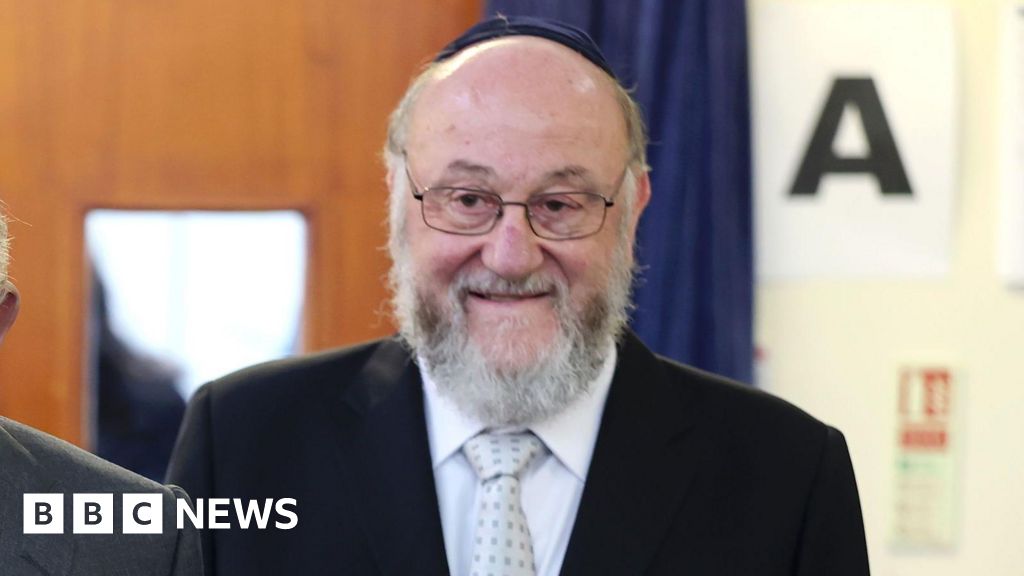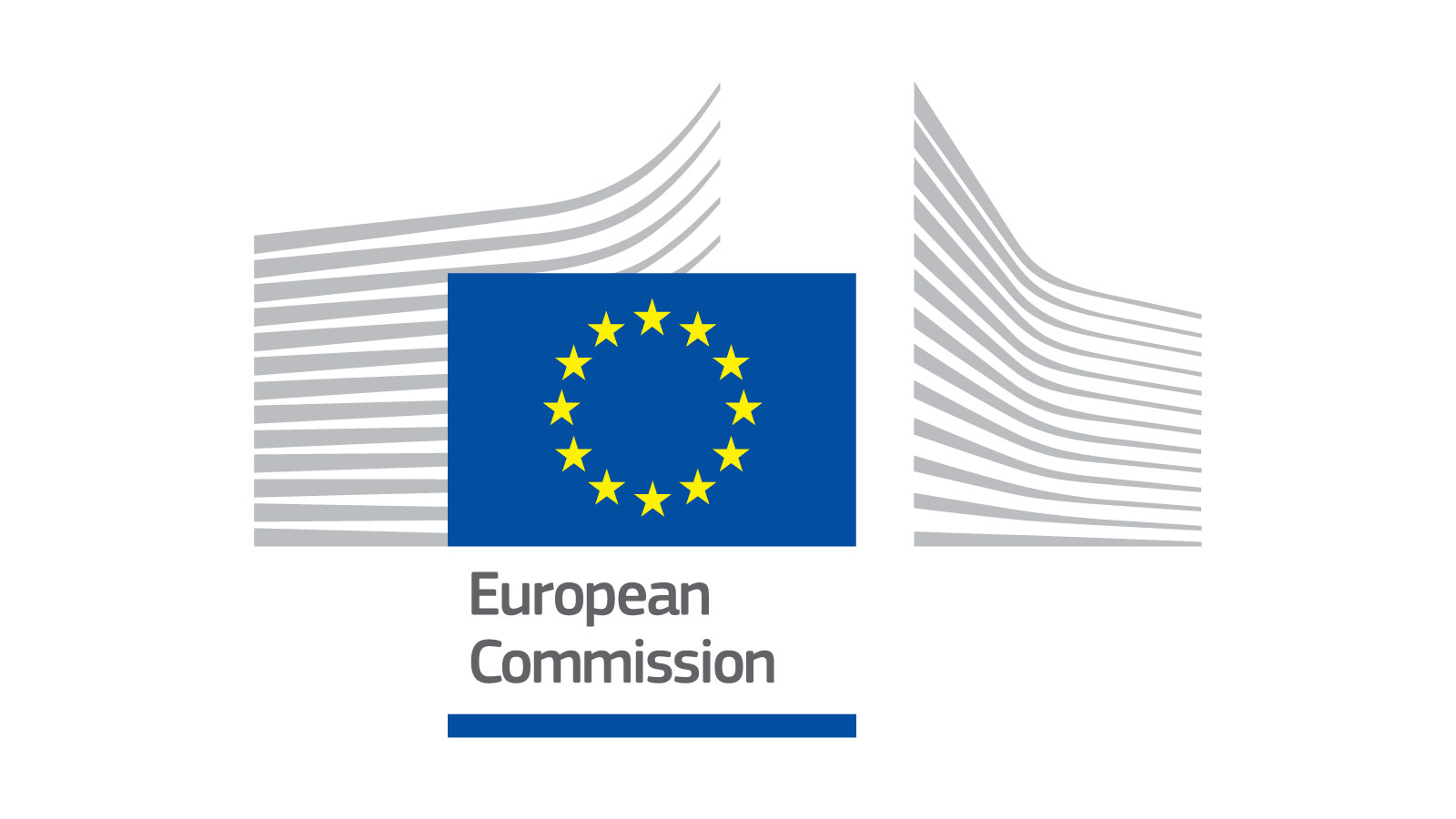Governments, institutions and rights groups across the world have condemned the conviction of the former pro-democracy media tycoon and British citizen Jimmy Lai in Hong Kong on national security charges.
The 78-year-old was found guilty in West…

Governments, institutions and rights groups across the world have condemned the conviction of the former pro-democracy media tycoon and British citizen Jimmy Lai in Hong Kong on national security charges.
The 78-year-old was found guilty in West…


Officials are still searching for the gunman who opened fire at Brown University Saturday, killing two people and injuring nine. Police are releasing a man who was held as a person of interest.
…

The Australian government frames this social media ban as a response to the ‘darker side’ of online platforms, including algorithmic manipulation, compulsive design features and harmful content, and growing concern that the design of social…

Gun owners would face limits on the number of firearms they could hold and licences would only be issued to Australian citizens under tougher new controls to be considered nationwide after the Bondi beach terror attack.
State leaders agreed to…

Gabriela Pomeroyand
Lucy Manning,Special correspondent
 Reuters
ReutersUK Chief Rabbi Sir Ephraim Mirvis has said his cousin and cousin’s wife “spent 15 terrifying minutes hiding under a doughnut stand” as gunmen opened fire during the Bondi Beach attack.
Continue Reading
